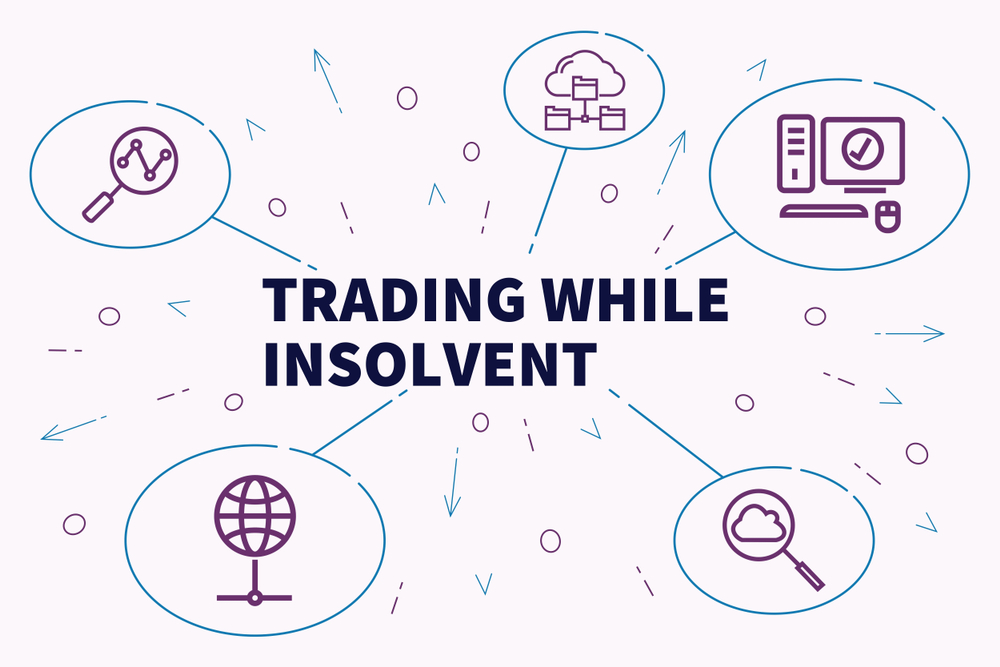Significant (Temporary) Changes to Insolvent Trading Laws that Every Company Director Should Know About
On 25 March 2020, the law in Australia changed significantly (but temporarily) in relation to the liability of a Director of a company when that company is found to have “traded while insolvent”. These measures are in place temporarily for 6 months during the Covid-19 crisis. Whilst the changes are temporary, they are an unprecedented change to the corporate governance rules in Australia.
Shareholders in a company will usually have “limited liability” from the debts and liabilities of the company, with their risk limited to the risk of their shares becoming worthless. A company is by law treated as a separate legal entity from its shareholders and directors. If the company cannot pay its debts, then the starting point is that those behind the company will not be personally liable for the company’s debts.
However, since the 1960s in Australia a Director of a company may be liable for insolvent trading where a company incurs a debt when it is insolvent, or where it becomes insolvent because of incurring that debt. A company is insolvent if it is unable to pay its debts as, and when, they become due and payable. To be liable, a Director must be aware that at the time of incurring the debt there are reasonable grounds for suspecting the company is insolvent (or would become insolvent), or it must be shown that a reasonable person would have been so aware.
The consequences of a breach of the insolvent trading laws can include a Director being personally liable for the company’s debts, fines and (in extreme cases) criminal penalties.
As the Covid-19 shut down measures were implemented, the government announced that it would introduce legislation to suspend the operation of the usual insolvent trading rules during the course of the pandemic. The clear intent and purpose of the changes was to avoid a rush of companies being put into a form of financial administration as a result of the crisis:
Directors are personally liable if a company trades while insolvent. This can lead to boards of directors feeling under pressure to make quick decisions to enter into an insolvency process if there is any risk that the company will experience periods where it will be trading while insolvent. To make sure that companies have confidence to continue to trade through the coronavirus health crisis with the aim of returning to viability when the crisis has passed, directors will be temporarily relieved of their duty to prevent insolvent trading with respect to any debts incurred in the ordinary course of the company’s business. (Source: www.business.gov.au )
This passed into legislation on 25 March 2020 as part of the Coronavirus Economic Response Package Omnibus Act 2020 (Cth). Specifically, a new section with the memorable reference 588GAAA was introduced into the Corporations Act 2001 (Cth).
The changes provide a “safe harbour” for Directors who would otherwise be liable for insolvent trading, and apply for six months from 25 March 2020, or for a longer period if the government requires. The debt in question must be incurred “in the ordinary course of the company’s business” during the period in which the safe harbour is in place, and before any appointment of an administrator or liquidator. Also, the government may by regulation prescribe circumstances in which the safe harbour legislation will not apply.
Importantly, the Director bears the burden of establishing that the safe harbour conditions are met. This primarily requires the Director to demonstrate that there is a reasonable possibility that the debt was incurred “in the ordinary course of the company’s business”.
The key point is that if a company trades insolvent by incurring debts that it would ordinarily incur whilst operating its business a Director may escape liability for that insolvent trading.
Other Director duties contained in the Corporations Act continue to apply unaltered. For example, the duty to exercise their powers as Director with the degree of care and diligence that a reasonable person would exercise if they were a director in the company’s circumstances.
The changes do not remove the option for Directors of a financially distressed company to put that company into a form of financial administration. Directors may also be personally at risk if they have given personal guarantees, or provided personal security for company liabilities.
These measures are also relevant to those providing credit to companies, including their suppliers, contractors and lenders.
The changes aim to reduce the personal risk to Directors of allowing their company to continue to trade and incur credit, which in turn increases the risk to those providing that credit if the company cannot pay its debts. Those credit providers should consider reviewing whether they hold security for payment (for example, personal guarantees from Directors that would bypass the changes), trading terms (for example, ensuring retention of title for goods supplied), and in some cases reviewing whether and at what level they should extend credit at all.
We can provide practical advice and guidance to Directors about what is required of them to meet their duties, or specific advice about the changes to the insolvent trading rules. We can also assist businesses that provide credit to companies to review their security of payment arrangements.


